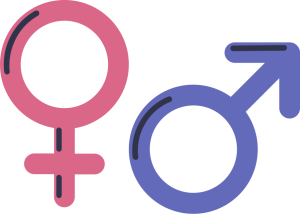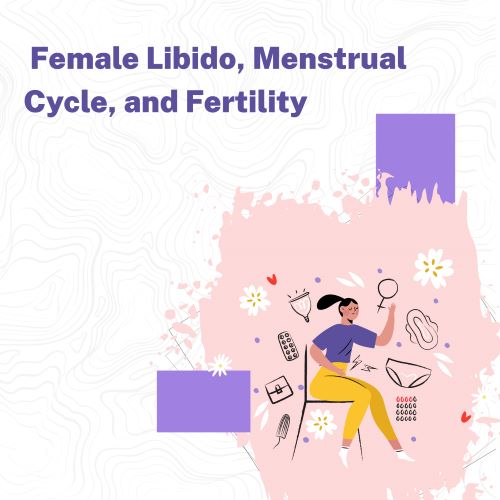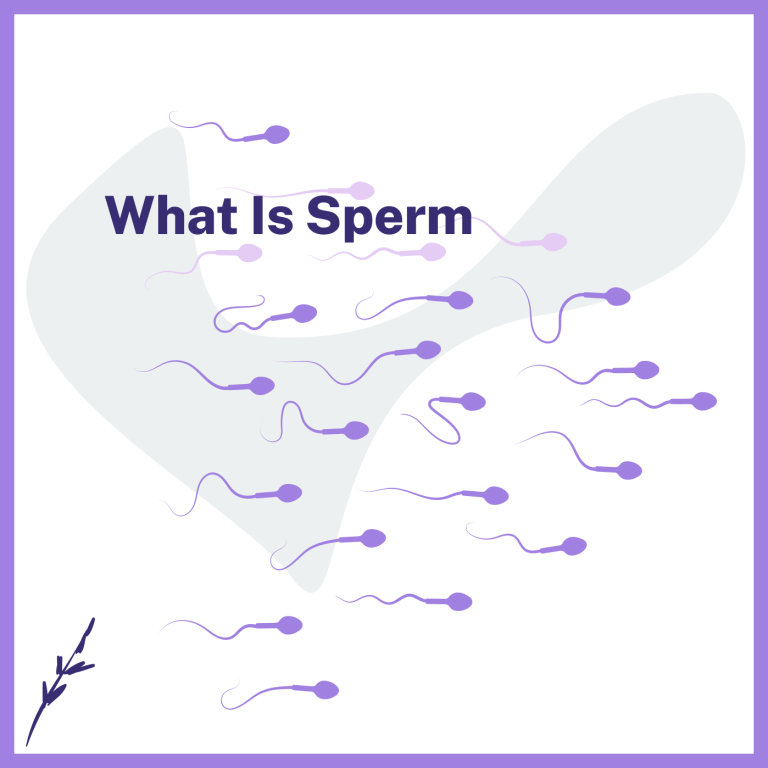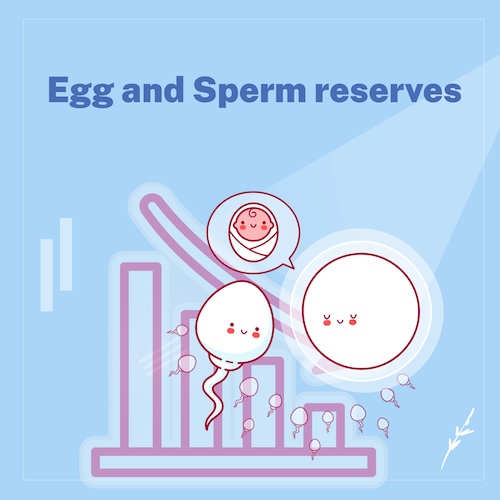Hormonal levels in failure of conception
Hormonal balance is one of the most critical foundations of fertility in both women and men. Hormones act as chemical messengers that coordinate communication between the brain, reproductive organs, and other systems in the body. When hormone levels are balanced, reproductive processes such as ovulation, sperm production, implantation, and pregnancy maintenance can function properly. When hormonal levels are disrupted, fertility can be reduced or completely impaired.
Fertility is not controlled by a single hormone, but rather by a complex and interconnected hormonal network involving the brain (hypothalamus and pituitary gland), ovaries or testicles, thyroid gland, and adrenal glands. Even small imbalances in this system can interfere with conception.
How Hormones Regulate Fertility
Hormones regulate fertility by controlling:
- Egg development and ovulation in women
- Sperm production and maturation in men
- Preparation of the uterus for implantation
- Maintenance of early pregnancy
- Sexual function and libido
The reproductive system operates through tightly regulated feedback loops. If one hormone becomes too high or too low, it can disrupt the entire cycle.
Key Hormones That Affect Female Fertility
Follicle-Stimulating Hormone (FSH)
FSH is produced by the pituitary gland and plays a central role in female fertility. Its primary function is to stimulate the growth and maturation of ovarian follicles, each of which contains an egg. As follicles develop, they produce estrogen, which supports uterine preparation.
Abnormal FSH levels can indicate fertility problems:
- High FSH may suggest diminished ovarian reserve, meaning the ovaries require more stimulation to mature eggs
- Low FSH may prevent normal follicle development and ovulation
FSH is commonly measured on day 2 or 3 of the menstrual cycle during fertility evaluations.
Luteinizing Hormone (LH)
LH is another pituitary hormone that works closely with FSH. Its most critical role is triggering ovulation, the release of a mature egg from the ovary. A surge in LH mid-cycle causes the follicle to rupture and release the egg.
LH also stimulates the production of progesterone after ovulation. Imbalances in LH may lead to:
- Irregular or absent ovulation
- Short or abnormal menstrual cycles
- Conditions such as polycystic ovary syndrome (PCOS), where LH levels are often elevated
Estrogen
Estrogen is primarily produced by the ovaries and is essential for regulating the menstrual cycle and reproductive health. It supports:
- Growth of the uterine lining (endometrium)
- Development of cervical mucus that helps sperm survive and travel
- Normal function of the reproductive organs
Low estrogen levels may result in thin uterine lining, poor implantation, or irregular cycles. Excess estrogen, on the other hand, can disrupt ovulation and hormone feedback mechanisms.
Progesterone
Progesterone is produced after ovulation by the corpus luteum, the structure that forms from the ruptured follicle. It plays a crucial role in:
- Preparing the uterus for implantation
- Maintaining early pregnancy
- Preventing further ovulation during pregnancy
Low progesterone levels can lead to implantation failure or early miscarriage. Progesterone deficiency is commonly associated with luteal phase defects.
Anti-Müllerian Hormone (AMH)
AMH is produced by small, developing follicles in the ovaries and is considered one of the most reliable markers of ovarian reserve. It reflects the quantity of eggs remaining rather than their quality.
- Low AMH suggests reduced ovarian reserve and potentially reduced fertility
- High AMH is often seen in PCOS and may indicate excessive follicle numbers
AMH levels are relatively stable throughout the menstrual cycle and are widely used in fertility assessment and IVF planning.
Prolactin
Prolactin is produced by the pituitary gland and is best known for stimulating milk production after childbirth. However, elevated prolactin levels outside of pregnancy can negatively affect fertility.
High prolactin can:
- Suppress FSH and LH
- Inhibit ovulation
- Cause irregular or absent menstrual cycles
Prolactin levels may increase due to stress, medications, pituitary disorders, or thyroid dysfunction.
Thyroid-Stimulating Hormone (TSH)
TSH regulates the production of thyroid hormones, which control metabolism, energy levels, and overall hormonal balance. Thyroid health is closely linked to reproductive health.
Both hypothyroidism and hyperthyroidism can:
- Disrupt menstrual cycles
- Interfere with ovulation
- Increase the risk of miscarriage
Even mild thyroid dysfunction can negatively affect fertility, making TSH testing a routine part of fertility evaluation.
Key Hormones That Affect Male Fertility
Testosterone
Testosterone is the primary male sex hormone and is mainly produced by the testicles. It is essential for:
- Sperm production (spermatogenesis)
- Development of male reproductive organs
- Libido and sexual function
Both low and high testosterone levels can impair fertility. Excess testosterone, especially from external sources such as anabolic steroids, can suppress natural sperm production.
FSH and LH in Men
In men, FSH stimulates sperm production within the testes, while LH stimulates testosterone production. Imbalances in either hormone can lead to reduced sperm count, poor sperm quality, or testicular dysfunction.
Causes of Hormonal Imbalances
Hormonal imbalances affecting fertility may result from:
- Aging
- Chronic stress
- Poor nutrition
- Excessive exercise or obesity
- Thyroid disorders
- PCOS or other endocrine conditions
- Infections or inflammation
- Certain medications
- Genetic disorders
Because hormones work together, a problem in one area often affects multiple systems.
Diagnosing Hormonal Imbalances
Hormonal imbalances are typically diagnosed through:
- Blood tests, often timed to specific cycle days
- Urine tests, used for ovulation tracking
- Saliva tests, sometimes used for cortisol or progesterone monitoring
Interpreting results requires clinical expertise, as “normal” values may vary depending on age, cycle phase, and individual fertility goals.
Treating Hormonal Imbalances and Improving Fertility
Treatment depends on the underlying cause and may include:
- Hormonal medications to stimulate or suppress specific hormones
- Thyroid or prolactin management
- Lifestyle changes such as stress reduction, nutrition optimization, and weight management
- Ovulation induction or assisted reproductive technologies when needed
In many cases, correcting hormonal imbalances can significantly improve the chances of conception.
Final Thoughts
Hormonal levels play a central and indispensable role in fertility for both women and men. From egg development and ovulation to sperm production and implantation, every stage of reproduction depends on precise hormonal signaling. Understanding these hormones—and identifying imbalances early—allows for targeted treatment, better fertility outcomes, and more informed reproductive decision-making.
Fertility is not defined by a single hormone, but by the harmony of the entire endocrine system.







